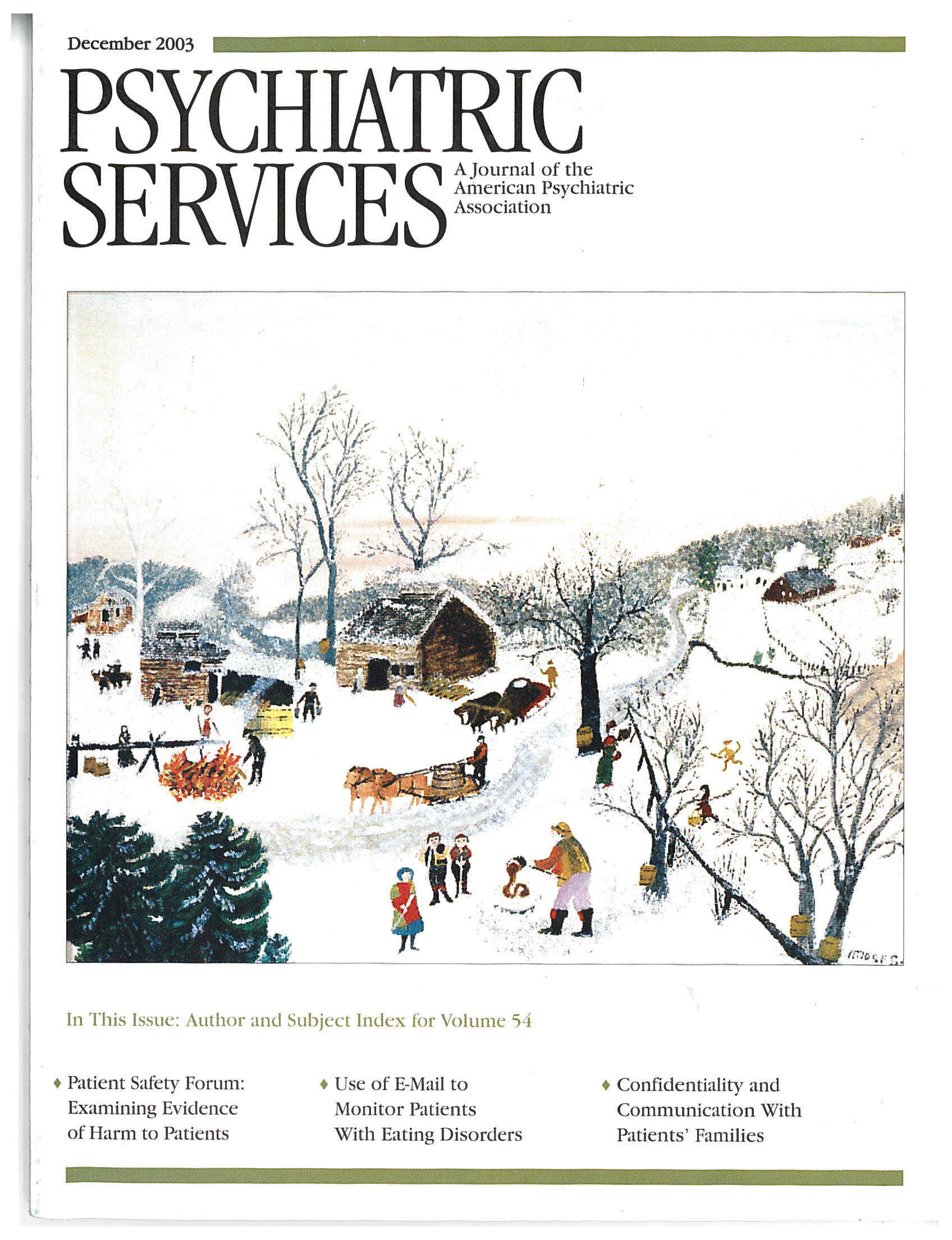The Unprofessionals
With The Unprofessionals, Julie Hecht has written a striking first novel, the title of which is very likely intended to include those of us who are reading this journal. She has previously authored Do the Windows Open?, a bestselling collection of short stories, and Was This Man a Genius?: Talks With Andy Kaufman. The latter gives us a clue to Hecht's fascination with the iconoclastic, the perverse, and the absurd, which pervades her novel, for better or for worse. Andy Kaufman was certainly an original. Watching one of his performances was guaranteed to be an experience of both deeply resonant hilarity and white-knuckle suspense. You knew that at some point he was going to go way too far, and you couldn't decide whether to stay and watch or whether this was something that you'd really rather not see. I found reading Hecht's novel to be a similar experience.
The narrator of The Unprofessionals is a middle-aged woman who is a wife and a successful photographer. No children are mentioned. This woman gets to know an 11-year-old boy through her relationship with the boy's parents and bonds with him around their mutually cataclysmic view of our culture and its values. Most of the novel takes place through telephone conversations that span about a decade.
Initially, The Unprofessionals is fresh and vibrant and invites one into an interior landscape that is both very funny and acutely perceptive, describing current cultural trends that remind one of the dissolution of our world so often depicted in environmental terms. You start off thinking that perhaps this will be a brilliantly hilarious cautionary tale. However, as you read on, the conversations between the narrator and her young friend, known only as "the boy," begin to take on a droning quality. As an avid consumer of literature, I am inclined only to praise and admire anyone who can write a coherent book of any kind. This novel is smart, informed, witty, and most engaging. Alas, I admit to requiring more shape and, yes, case history in my reading material. I found myself thinking, "Enough cleverness! Enough despair! Give me some meat and potatoes!" To those who read looking for sustenance, this novel is slim pickings.
In his comprehensive and lucid review of The Unprofessionals in the New York Times Book Review of September 28, 2003, Richard Eder indicates that he is very willing to read between the lines and use his imagination to piece together the novel's plot and character development. To me, it wasn't entirely clear who this woman is and how she has gotten involved with the boy to the extent that he seems to become her lifeline. Eder's review is titled "Dangling Conversations," which certainly describes the strange, disconnected quality to this vital link between two people who seem to be sinking fast. The narrator and the boy see themselves as outsiders, almost desperados, but how they got that way is unclear. We can see that the boy is truly an original human being, but we do not know in the least what makes him tick.
Julie Hecht is astute and intelligent. She gets it right about so many things: David Letterman is our cultural guru. People worship their pets. The pursuit of fitness and youth supercedes the need for manners and order. The narcissism of the narrator is a reflection of our culture's preoccupation with self. The avoidance of pain, we learn, can be achieved by concentrating obsessively on life's seemingly irrelevant details. Only moments after hearing some gut-wrenching news about the boy, the narrator ruminates about manners, etiquette, and old movies. We are in familiar territory. The boy's heroin addiction is a huge problem that is largely undiscussed but that looms large because of this avoidance. Hecht is pretty rough on psychiatry, relating amusing vignettes about her "fifth worst" psychiatrist or her "second worst." Perhaps here she also gets it right: A system that decided to do away with the old 28-day tradition of treating addiction because it wasn't wholly effectual but then replaced it with significantly fewer days of treatment isn't exactly putting its best foot forward, insurance coverage or no.
The therapist—or is it the moralist?—in me wished that the boy had more empathy from his friend, the narrator. She mostly counters his cries for help with some version of "me too," which is empathy minus sympathy. The poor boy needed what is known in Alcoholics Anonymous as the "experience, strength, and hope" of others who have suffered. And who knows whether even that would have helped.
In the end, like so many other novelists of today, Hecht seems more about the cerebral than about the heart. Her cleverness is compelling. However, to really enjoy this book, one must have a strong stomach for emptiness. I felt great admiration for this novel, but I was not filled up.
Ms. Jampel lives in Jamaica Plain, Massachusetts.



